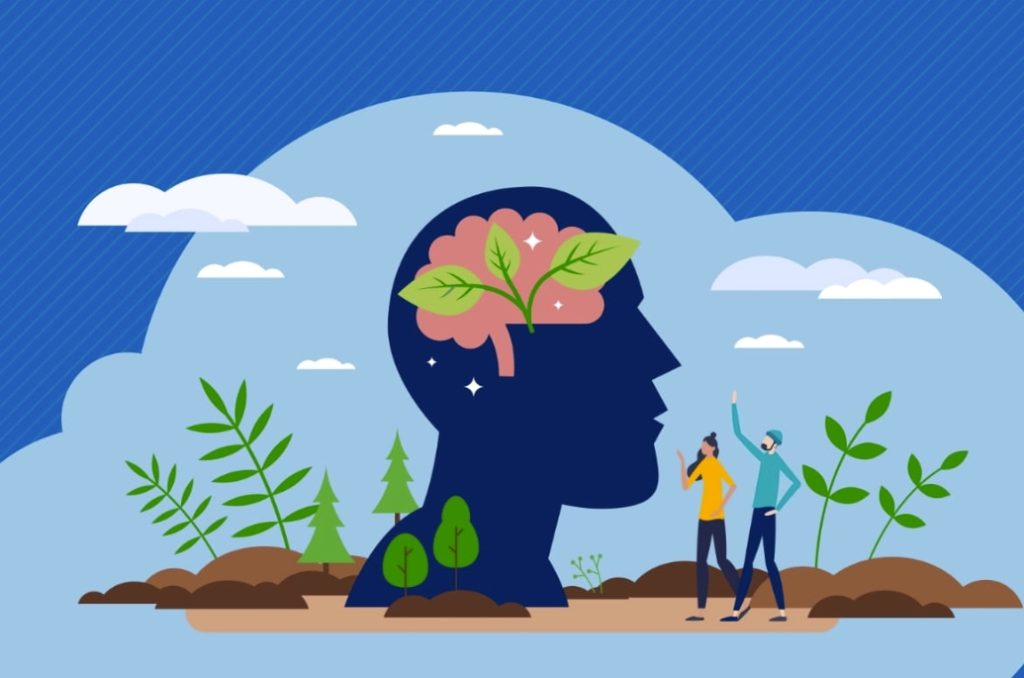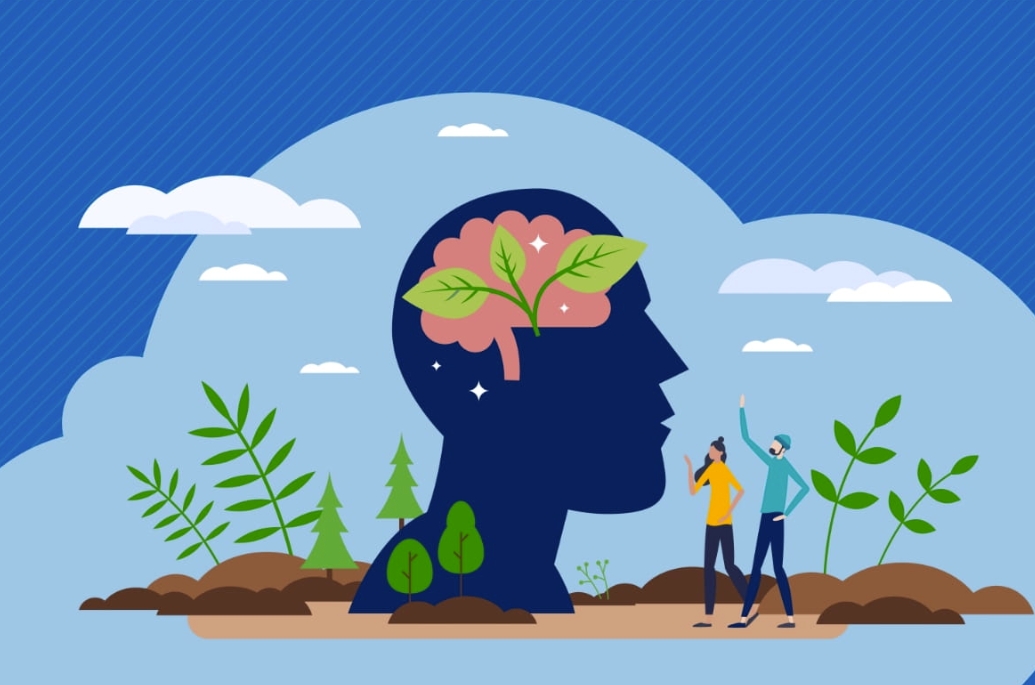Fixed vs. growth: How a growth mindset can change your life

You may have felt stuck, unable or unwilling to progress in some areas of your life. You may have thought, “I am just not good at that” or “I will never be able learn this.”
You’re not the only one. We’ve all felt doubt and frustration in the face of challenges or setbacks. What if the way you approach these challenges made all the difference? What if the way you view your capabilities and potential, your mindset, could make all the difference?
It might sound impossible, but decades worth of research has shown that our mentality plays a significant role in determining our happiness, our achievements, and our overall behavior.
Find out how to overcome challenges, take on failures, and achieve your goals with the help of rehealthyhabits.
Growth vs Fixed Mindsets
Growth and fixed mindsets were developed by Carol Dweck PhD. They are two different views on our abilities and skills. A fixed mindset is similar to a closed, locked door. However, a growth-oriented mindset can open doors of endless possibilities.
Dr. Dimberg explained that a fixed mindset is the belief your basic talents and knowledge are inborn – either you were born with them or not. Nothing will change. A growth mindset, on the other hand, is the belief in hard work and dedication to improve knowledge and talent.
Fixed mindset: “I can’t do it”
A fixed mindset views mistakes and failures as disasters that should be avoided. This can lead you to focus on perfection, insecurity, and procrastination.
If you are stuck in your ways, you may:
- You’re afraid to fail and look bad.
- When things become difficult, it is easy to get discouraged and quit.
- You may see effort as a sign that you are weak, because you believe you shouldn’t need to work hard if your talent is high.
- Feel threatened, jealous or envious by the success of others.
- Ignore the feedback of others.
Growth mindset: “I can’t do it…yet”
“Grit is closely related to a growth mind-set, or the perseverance and passion of a person to achieve their goals,” said Dr. Dimberg. “Grit and growth mindset can be seen in those who participate in competitive sports. They don’t let setbacks stop them from improving.”
If you are a person with a growth mentality, you may:
- Even if you initially fail, see challenges as an opportunity to grow and learn.
- You can improve your skills by persevering even when the going gets tough.
- Understanding that effort is key to improving at something.
- Take inspiration from the successes of others. It is a great opportunity to learn.
- Accept mistakes as part of your learning process. Use them to help you improve.
How to develop a growth mentality

You can make positive changes to your health and life by letting go of your fixed beliefs. Dr. Dimberg has shared some growth strategies to help you succeed in your everyday life, at work and on the sports field.
- Use yet: The power of your thoughts has a profound impact on you and how you behave. Positive affirmations can replace negative self-talk to create a positive internal dialogue. Say “I’m still not good enough” instead of “I am not good enough.”
- Do not be afraid to try new things and do something that is outside your comfort zone. If you are tackling a challenging task at work, or trying out a new sport for the first time, do it with enthusiasm.
- Use feedback to improve: Don’t view feedback as criticism, but as information that you can use to help yourself. Use feedback, whether it comes from a coach, teacher or colleague, as a way to grow and develop.
- In a growth mindset, effort is rewarded just as much – or even more – than results. No matter what the result, you should always acknowledge your dedication, focus, and determination.
- Never give up in the face setbacks. Failures and setbacks are part of learning. Setbacks are a great opportunity to learn and adapt.
- Develop an interest in learning: Nurture curiosity and the desire to discover new things. This can be achieved by reading books, attending classes, or taking up new hobbies.
- Practice is key to improvement. Keep practicing, and you will improve over time.
- Make flexible goals, and then take action. Create small, realistic goals but be flexible. Be willing to adjust and adapt your plans if necessary. Celebrate each step along the way and take consistent action to achieve your goals.
- Practice compassion for yourself: Last, but not least be kind to you. Remember that everyone makes mistakes and don’t be too critical. You should treat yourself with the same compassion and understanding that you would show a friend.
Takeaway
It is important to think positively in order to achieve success. It impacts how we approach challenges and what we accomplish. Our thoughts determine whether we are excited to take on challenges or afraid and avoid them.
If you need a little help, don’t hesitate to speak with a licensed a data-immersive-translate-walked behavioral health specialist who can help you work through challenges. Don’t hesitate to reach out to a licensed Re mental health specialist for help

